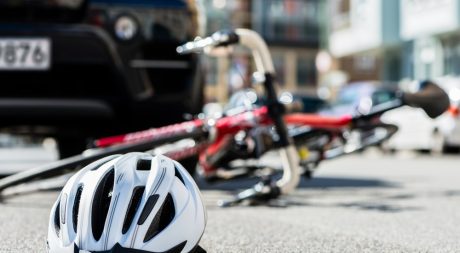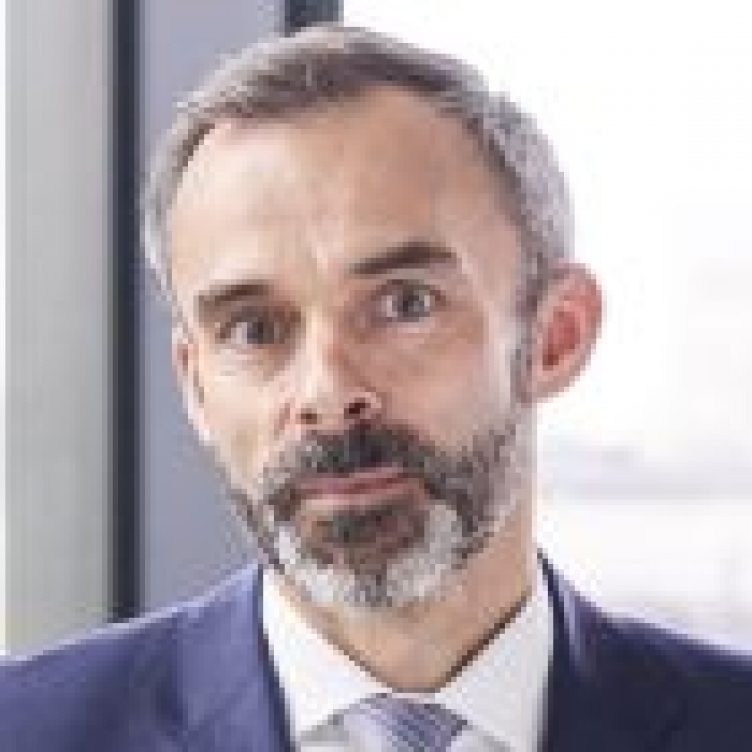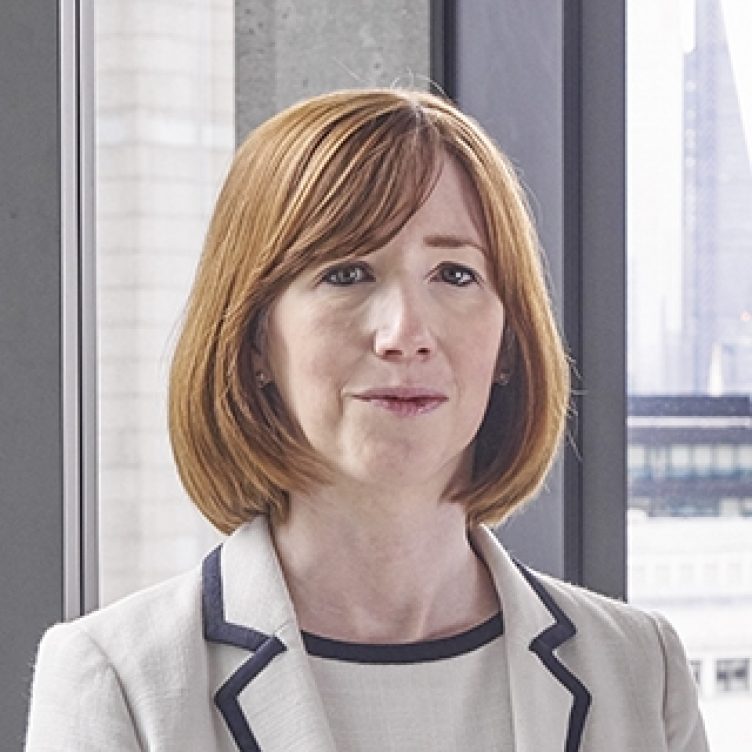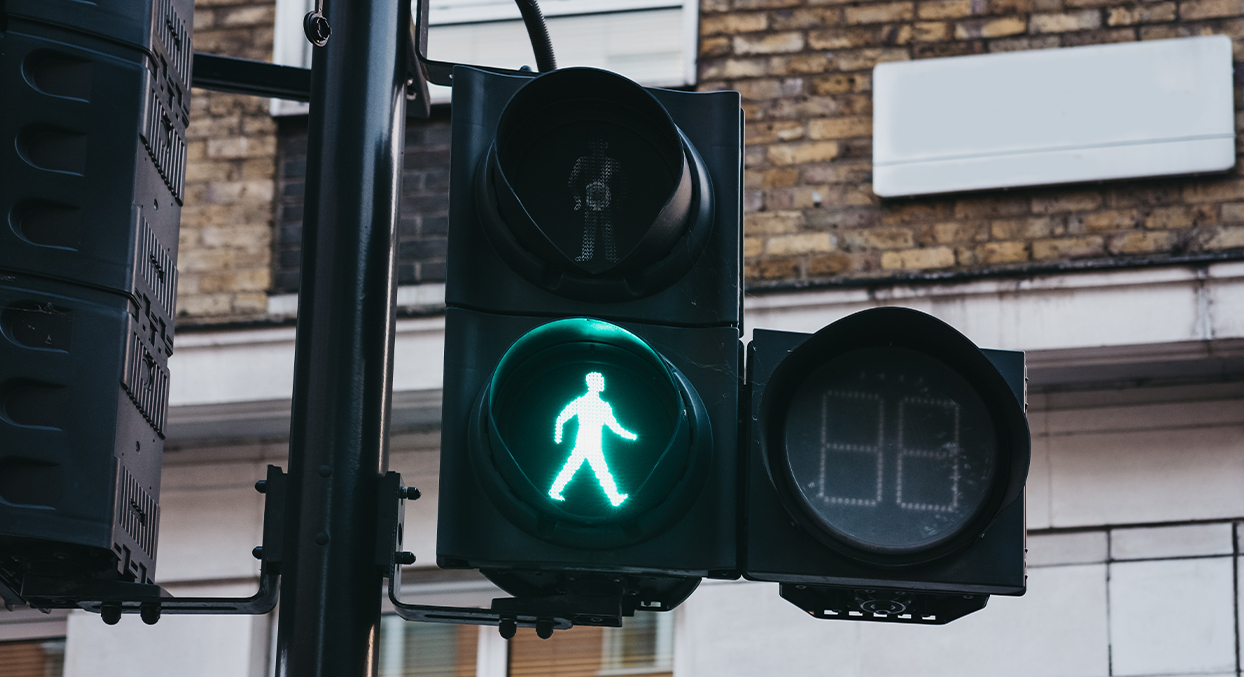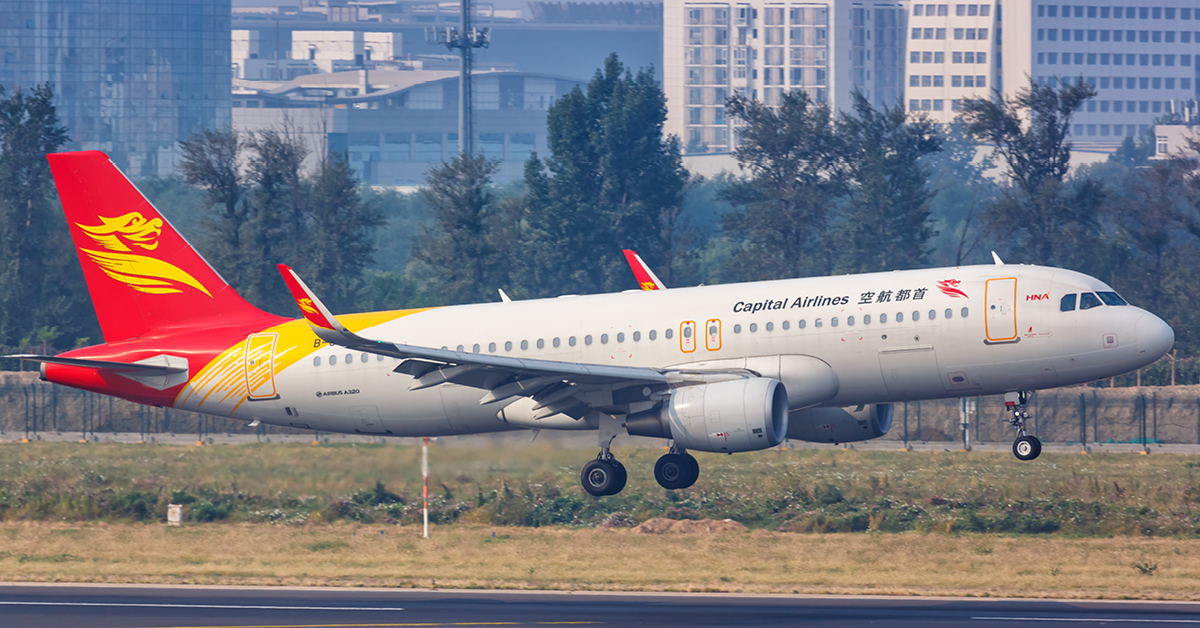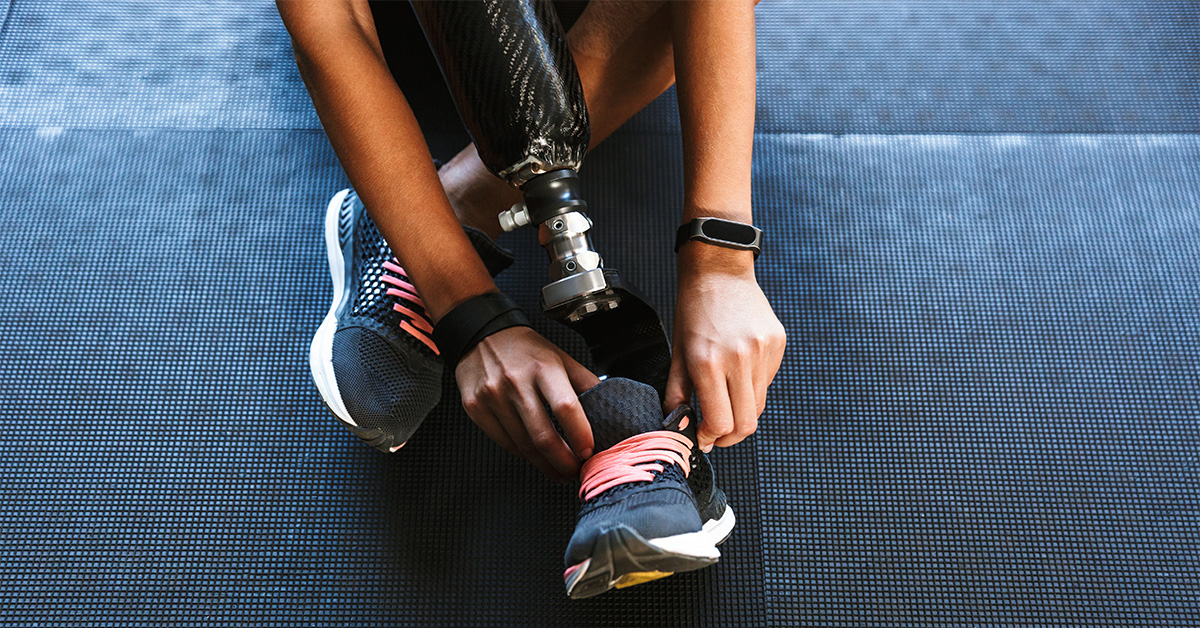The International Injury team at Stewarts helped an architect, LM, to recover over £6 million in compensation for severe traumatic brain, facial and orthopaedic injuries caused by a car turning across his path whilst cycling home from work.
Rebecca Huxford and Julian Chamberlayne, who acted for LM, outline some of the key features of his case and related rehabilitation issues.
The incident
LM, a South Korean national, had been living in the UK for over 20 years, working as an architect. He was cycling home from work at around 8pm, proceeding straight through a junction with a green light in his favour, when a car coming in the opposite direction turned right across his path, knocking him off his bicycle. The police undertook a serious collision investigation and the Crown Prosecution Service subsequently prosecuted the defendant driver for careless driving. The driver pleaded guilty, yet despite the severity of the injuries caused, his licence was endorsed with just 5 points and he was only fined £146.
Our client sustained severe brain injuries, facial fractures, ophthalmic and orthopaedic injuries and was in intensive care for several weeks. Four months after the accident, he moved back to his native South Korea so that his family could care for him.
Although LM regained much of his linguistic ability, he lacked the mental capacity to litigate the claim due to the severe brain injuries sustained in the accident. Consequently his father acted as Litigation Friend, but taking instructions necessitated interpreters at all times as neither of his parents spoke English.
Legal case
Despite the conviction of the defendant driver for careless driving, his insurers denied primary liability and causation and maintained this stance throughout LM’s claim. They alleged LM was wholly or partly to blame for his own injuries because they said he did not wear a bicycle helmet, use a front light on his bicycle, or wear hi-vis or at least light-coloured clothing.
These allegations were robustly countered by expert evidence. Stewarts arranged for experienced accident reconstruction expert David Hague to visit the scene, analyse the CCTV and other evidence then prepare a detailed report. His evidence robustly countered the allegations relating to visibility on the basis that the junction was well-lit and that if the driver had been keeping a proper lookout and adhering to the 20mph speed limit, the collision would have been avoided. Chris Uff, a consultant neurosurgeon at the Royal London Hospital, gave powerful evidence that a cycle helmet would have made no difference to the injuries sustained because the impact that caused the principal brain injury was to the face. That evidence convincingly defused the contrary arguments of the defendants’ helmet expert.
South Korea has excellent neurorehabilitation hospitals, and consequently, LM underwent intense rehabilitation, which was partly state-funded. The defendant insurer refused to provide funding under the Rehabilitation Code, but we were able to secure an interim payment to help the family pay for the private element of LM’s rehabilitation.
Both parties instructed medical experts to assess LM when he visited the UK, but we also took the step of arranging for our experts in neuropsychiatry and care to visit LM in South Korea to get a clear understanding of his rehabilitation and life in South Korea following injury. It was determined that LM has no prospect of returning to any form of employment and would require round-the-clock care for the remainder of his life.
Court proceedings
A court hearing was held to determine a timetable for trial. We argued on LM’s behalf that there should be a split trial, with primary liability and contributory negligence determined as preliminary issues to save costs and remove a substantial obstacle to settlement of the claim. The defendant argued there should be a single trial of all issues of liability and quantum. The judge agreed that a split trial was the most appropriate way to proceed.
Mediation
Ten weeks before the liability and causation trial, the parties engaged in a mediation with a very experienced mediator, Frank Burton KC. The mediation resulted in the parties agreeing to compromise the claim for a lump sum of damages totalling £6.1m.
This is a strong result in a case where liability was denied throughout and multiple contributory negligence allegations were made. One of the main quantum issues in the case was whether LM would recover sufficiently to enable a return to living in the UK. The cost of the round-the-clock care he requires would be much higher in England than in South Korea.
As LM was a protected party, approval of the settlement was required, and the court would need to ensure the protection of the settlement given the claimant’s incapacity. Because LM remained resident in South Korea we instructed a lawyer there to prepare a report on what protection measures were available and what, if any, tax on the damages was likely under South Korean law.
Following consideration of the South Korean law report, the English High Court initially sought an order that the compensation could only be paid by the defendant following an order of the English Court of Protection to appoint a deputy.
However, after hearing submissions from our counsel David Sanderson, the judge was satisfied that he could make an equivalent order instead relating to the South Korean Family Court (which handles equivalent matters for protected parties in South Korea). It was determined that Stewarts could hold the settlement funds pending the appointment of either an English deputy or an adult guardian, the South Korean equivalent. This avoided any delay and additional cost associated with appointing a deputy. LM’s family then instructed a local lawyer who secured an order of the South Korean Family Court appointing LM’s father as his guardian.
Testimonial
The settlement has provided LM and his family with the reassurance and comfort that his lifelong care and rehabilitation needs can be comfortably provided in South Korea. Having spent a large part of his adolescence and early working life in the UK, LM’s goal remains to return one day, and the compensation would go a long way to help achieve that goal.
LM’s family commented on the service provided by the team at Stewarts: “LM suffered injuries from which he will not recover fully. The compensation will not change that, but you have achieved a very good result for him. We would like to express our thanks and gratitude for all your hard work and to show you around South Korea should you visit.”
You can find further information regarding our expertise, experience and team on our International Injury pages.
If you require assistance from our team, please contact us.
Subscribe – In order to receive our news straight to your inbox, subscribe here. Our newsletters are sent no more than once a month.

